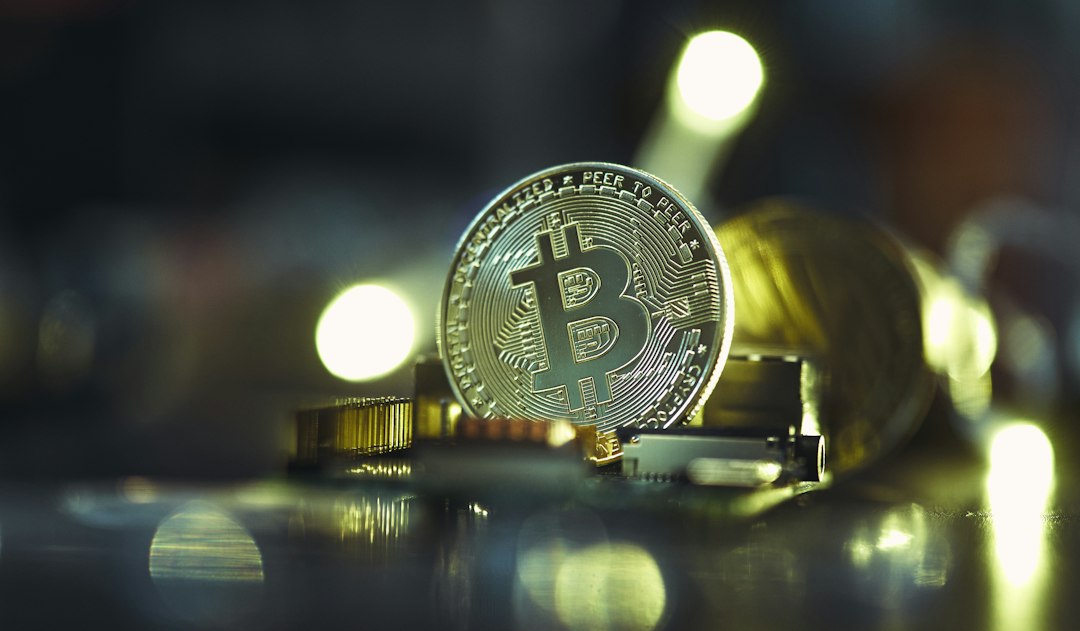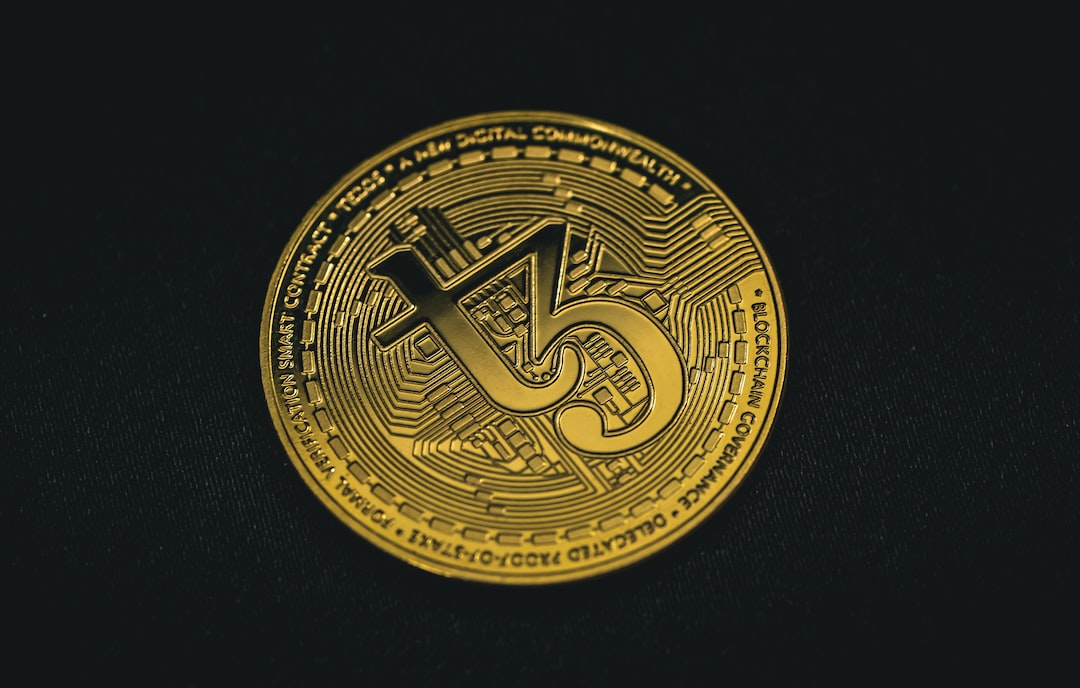The Ongoing Saga of the JPEX Cryptocurrency Exchange
The JPEX cryptocurrency exchange has been embroiled in a scandal, and the latest development involves Taiwanese prosecutors identifying new alleged suspects. The Taipei District Prosecutors Office (TDPO) has requested the detention of Chang Tung-ying, the chief partner at JPEX’s office in Taiwan, over alleged fraud. Additionally, nine locations related to the JPEX investigation were searched, and Chang, along with three other individuals, was summoned by authorities.
Chang and JPEX lecturer Shih Yu-sheng are suspects in violating the Banking Act and the Money Laundering Control Act. Two other individuals were released after questioning, but Taiwanese celebrity Nine Chen, who represented JPEX as a brand ambassador, was also summoned by prosecutors. Once a successful crypto exchange, JPEX abruptly halted some services in mid-September 2023 due to a liquidity crisis allegedly triggered by unfair treatment from institutions in Hong Kong.
Implications for Financial Regulators
The implosion of JPEX has raised concerns among financial regulators in Hong Kong, Taiwan, and other countries. Hong Kong authorities received over 2,000 complaints from JPEX users reporting nearly $180 million in losses. This has prompted various authorities to initiate measures to protect investors from similar incidents. As of September 25, law enforcement has arrested at least 11 alleged suspects in the case, while the alleged masterminds are still at large.
Hot Take: JPEX Scandal Highlights Need for Investor Protection
The ongoing scandal involving JPEX serves as a stark reminder of the potential risks in the cryptocurrency industry and the importance of robust investor protection measures. The implosion of JPEX has not only led to significant financial losses for users but has also prompted regulatory scrutiny and legal action against alleged wrongdoers. As cryptocurrency continues to gain mainstream attention, it is imperative for regulators to establish safeguards that mitigate the risk of fraudulent activities and protect investors from substantial losses.





 By
By
 By
By
 By
By

 By
By
 By
By